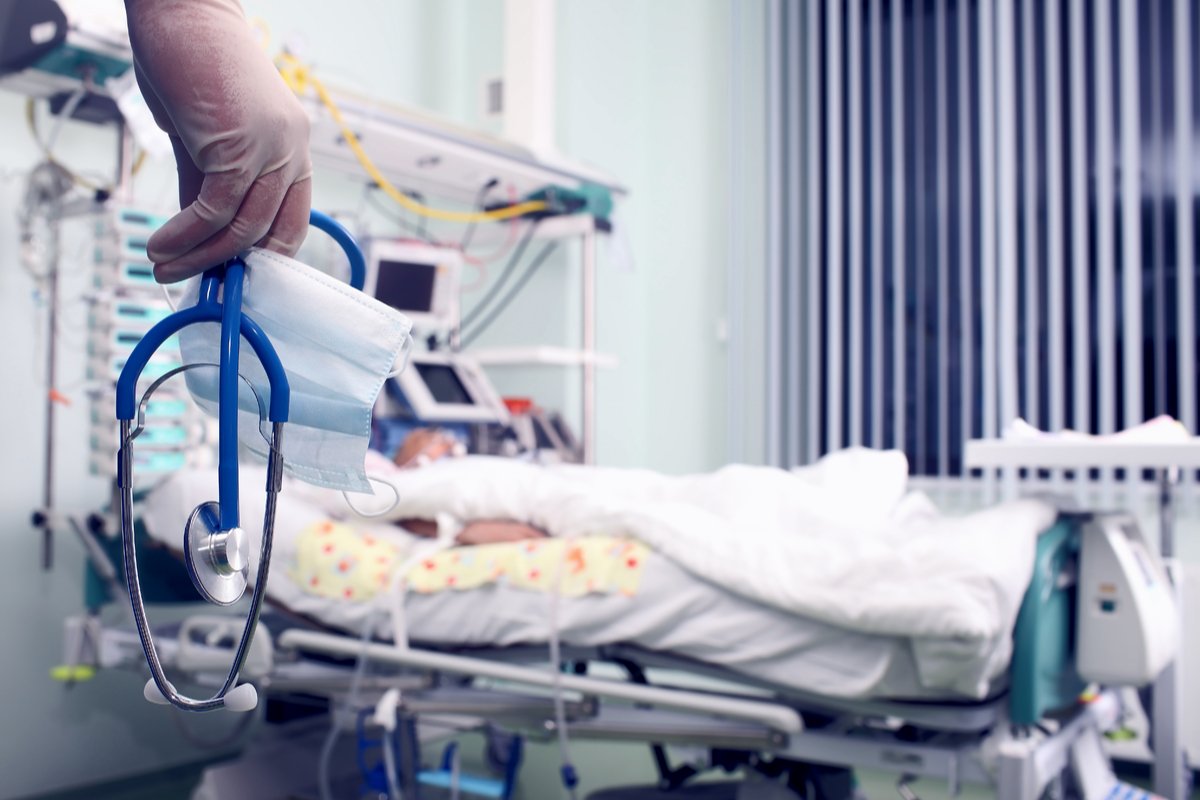
Improving patient safety and building a safer healthcare system in New York starts by shedding light on the types of medical errors that occur, understanding the consequences of each, and holding negligent parties accountable for their actions to prevent or reduce these errors from affecting you, someone you love, and the general public. Here are the five most common medical errors in NYC.
Incorrect or Missed Diagnosis
Approximately 12 million people who undergo outpatient care services are misdiagnosed each year. Although many people trust a medical professional’s opinion, incorrect and missed diagnoses happen all the time and for several different reasons, including:
- Failure to differentiate symptoms for rarer illnesses
- Inaccurate lab tests due to faulty equipment
- Poor documentation or inefficient labeling due to human error
- Rushed encounters and miscommunications between medical personnel and patients
An accurate diagnosis is crucial for your treatment and recovery plan. When the wrong diagnosis is made, treatment plans created by medical personnel will be ineffective or worse—harmful or deadly due to the actual illness you have.
Medication Errors
Administering or prescribing the wrong medication to patients is one of the most preventable errors, and still, over 1.5 million people are injured by improper dosages and medicines. Pharmaceutical errors can result in several consequences, including:
- Allergic reactions
- Organ damage
- Overdose
- Infection
- Heart failure
- Stroke
- Death
It’s important that you are aware of what you’re being prescribed in order to safeguard your health. Ask your doctor questions like:
- What medicine and dosage am I taking?
- What is it used to treat?
- Why am I taking this?
- What’s in it?
- What are the side effects?
- How often should I take it?
Document the doctor’s responses and follow their exact instructions for how to administer the medicine, and always check that the label on your prescription coordinates with your name and the dosage the doctor wrote on the prescription. In the event that you’re hurt or ill from the medicine, you will already have the first piece of evidence to support your medical malpractice case.
Blood Transfusion Overuse
Blood transfusions are performed when the human body has lost blood in surgery or to treat an illness or injury. While the process of transfusion is straightforward and does save millions of lives each year, sometimes it is overused. Receiving an unnecessary blood transfusion can lead to deadly health complications like infections, including pneumonia and sepsis. Also, blood is expensive, and the procedure can lengthen your hospital stay, causing an increase in medical expenses and unwanted stress.
Oxygen Mismanagement in Infants
While of course we need oxygen to survive, it is just like any other therapeutic agent and needs to be regulated. This is especially true for infants and premature babies because it can be difficult for medical professionals to identify a suitable dosage for patients of such little weight. The effects of mismanaged oxygen supply in babies include:
- Visual damage that may cause blindness
- Brain damage
- Lung vasculitis
- System oxygen toxicity
Medical professionals are supposed to use caution when administering oxygen and should never dispense it without ensuring calculations are precise. If you have a newborn receiving this procedure, it might be helpful to get the opinion of several doctors to make sure that the dosage is accurate and safe.
Central Line–Associated Bloodstream Infections
Central lines, also referred to as central venous catheters, are tube-like intravenous (IV) lines inserted into the neck, chest, groin, or arm regions to deliver medicine, fluids, blood, or nutrition to the body. When you compare a central line to a typical IV, it is much larger and can hold more fluid at once without necessitating multiple IV sites. The problem with central lines is that bacteria and germs have a direct path to the bloodstream, which connects to the body’s major organs.
Over 250,000 bloodstream infections happen yearly because central lines are not properly maintained. Routine care of the central line should be performed each time the catheter is accessed, meaning that nurses or doctors must sterilize all equipment and wear proper protective gear to prevent spreading any harmful bacteria to the line. If the medical personnel in charge fails to do so, patients can develop a deadly infection.
Experienced Medical Malpractice Attorneys Serving New York
Medical malpractice can be tough to prove. It is critical that you act immediately if you have been the victim of medical malpractice because you only have 30 months from the time of injury to file a lawsuit in New York. Here at Dalli & Marino, we understand the unique complexities in medical malpractice cases, and we can help you best determine how to proceed and secure meaningful compensation for your losses.
The team of knowledgeable medical malpractice attorneys at Dalli & Marino have extensive experience representing those who have been injured as a result of medical error. When you work with us, you can rest assured that we will employ irrefutable negotiation skill to work towards a fair settlement and we won’t hesitate to pursue litigation if needed. Our personalized and aggressive approach when representing our clients has earned us positive case results in the form of millions of dollars in verdicts and settlements. Learn more about your medical malpractice claim by calling 888-465-8790 or completing our contact form for a free case review.


